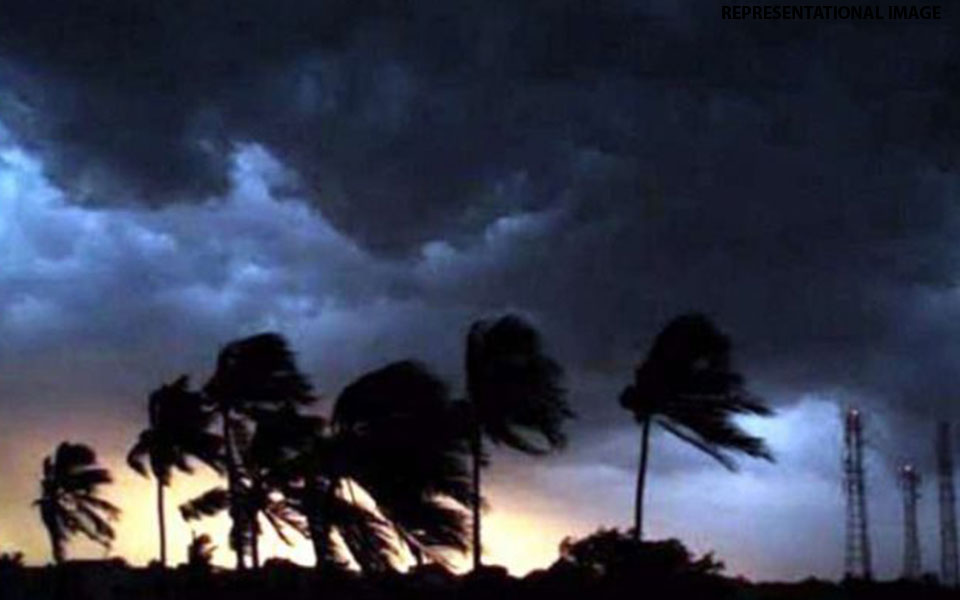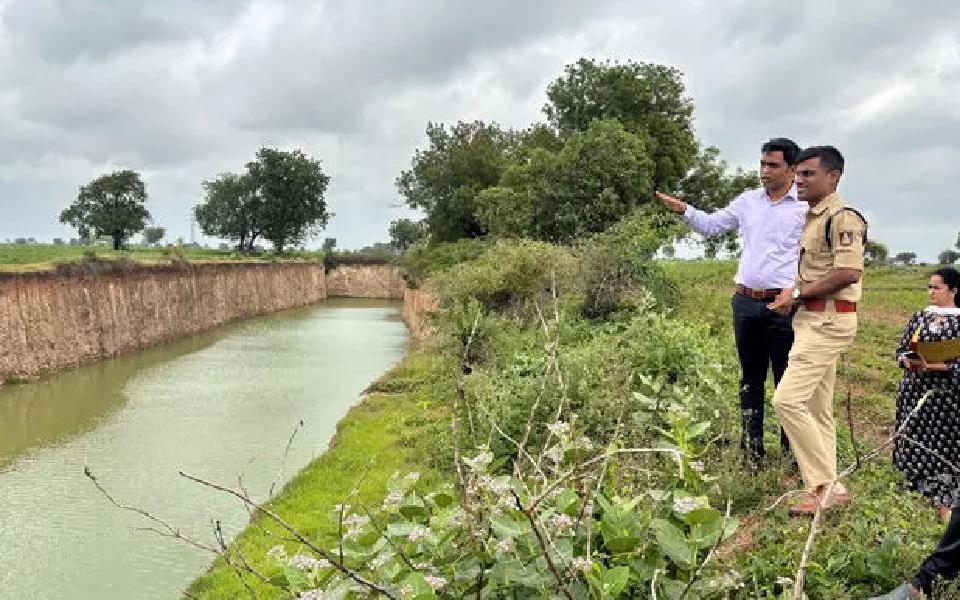Chandigarh, May 14: As a thunderstorm hit areas in Punjab and Haryana overnight, the maximum temperatures in the northern region dipped on Monday, giving relief to people from the hot weather.
Maximum temperatures hovered between 32 and 39 degrees Celsius at most places in both states.
Chandigarh and its surrounding areas and some parts of Haryana and Punjab were hit by a thunderstorm on Sunday evening, followed by light rain.
The maximum temperature in Chandigarh on Monday was 32.8 degrees.
Hisar in Haryana recorded a high of 39.4 degrees while Bhiwani had 38.7 degrees.
Amritsar in Punjab recorded 35.4 degrees, while Patiala and Ludhiana recorded 33.1 and 34.8 degrees respectively.
Heat wave conditions prevailed in most parts of Haryana and Punjab on Saturday, with the mercury shooting up to 45 degrees in Hisar.
The day temperatures at most places in both states were in the 40-45 degrees Celsius range.
Let the Truth be known. If you read VB and like VB, please be a VB Supporter and Help us deliver the Truth to one and all.
Mumbai, Jul 25 (PTI): Police have opposed the bail plea of the Bangladeshi national arrested for allegedly stabbing Bollywood actor Saif Ali Khan with a knife and injuring him at his home here in January this year, telling a Mumbai court there was "strong evidence" against the accused.
Citing a Forensic Science Laboratory report, police reiterated before the sessions court their earlier claim knife fragments that got lodged near the actor's spine during the attack as well as a part found at the crime spot have matched with the weapon recovered from the accused, Shariful Islam.
These three pieces were part of the same weapon (knife) used to attack the filmstar, the police said in a written response to the accused's plea submitted in the court on Thursday (July 24).
Khan was repeatedly stabbed with a knife by an intruder inside his 12th floor apartment in upscale Bandra on January 16 during a robbery attempt.
The 54-year-old actor underwent surgery at Lilavati Hospital to remove a piece of knife that got lodged near his spine during the attack. He was discharged from the private hospital after five days.
Shariful Islam, a Bangladeshi national, was arrested two days later for allegedly stabbing Khan.
The police, in their response, highlighted that the accused is a Bangladeshi citizen residing illegally in India.
If granted bail, there was a possibility that he may flee India and not appear before the court during the trial. The crime committed by the accused is of a "very serious nature, and strong evidence" is available against him, they argued.
In his bail plea, filed through advocate Vipul Dushing, the accused asserted he was innocent and had no prior criminal record.
Investigation into the case has practically concluded with only the filing of a chargesheet pending, the accused contended while seeking bail.
The alleged attacker has been booked under Bharatiya Nyaya Sanhita (BNS) sections related to house trespass, robbery and dacoity with attempt to cause death or grievous injury.





